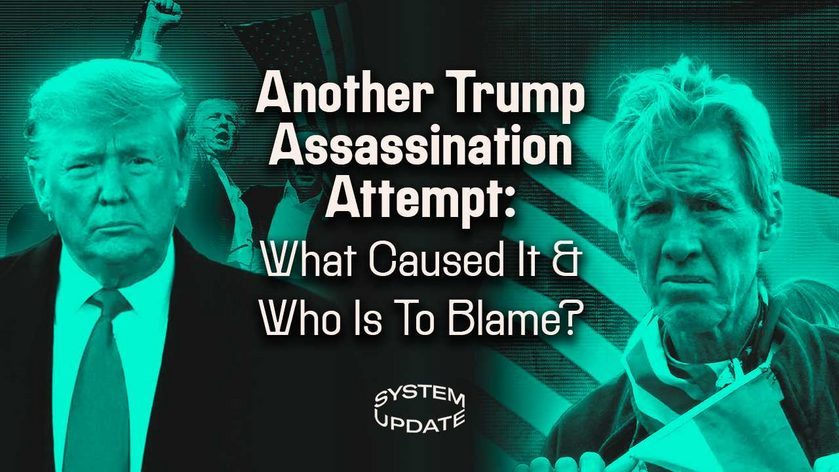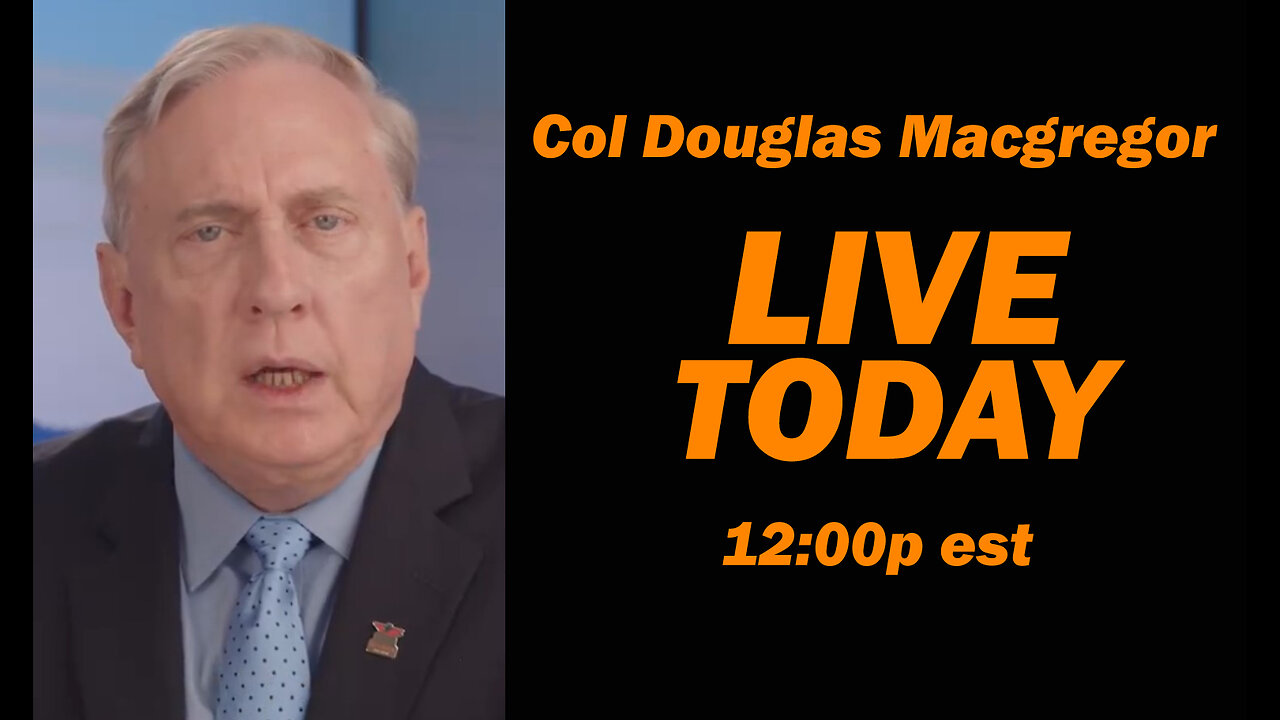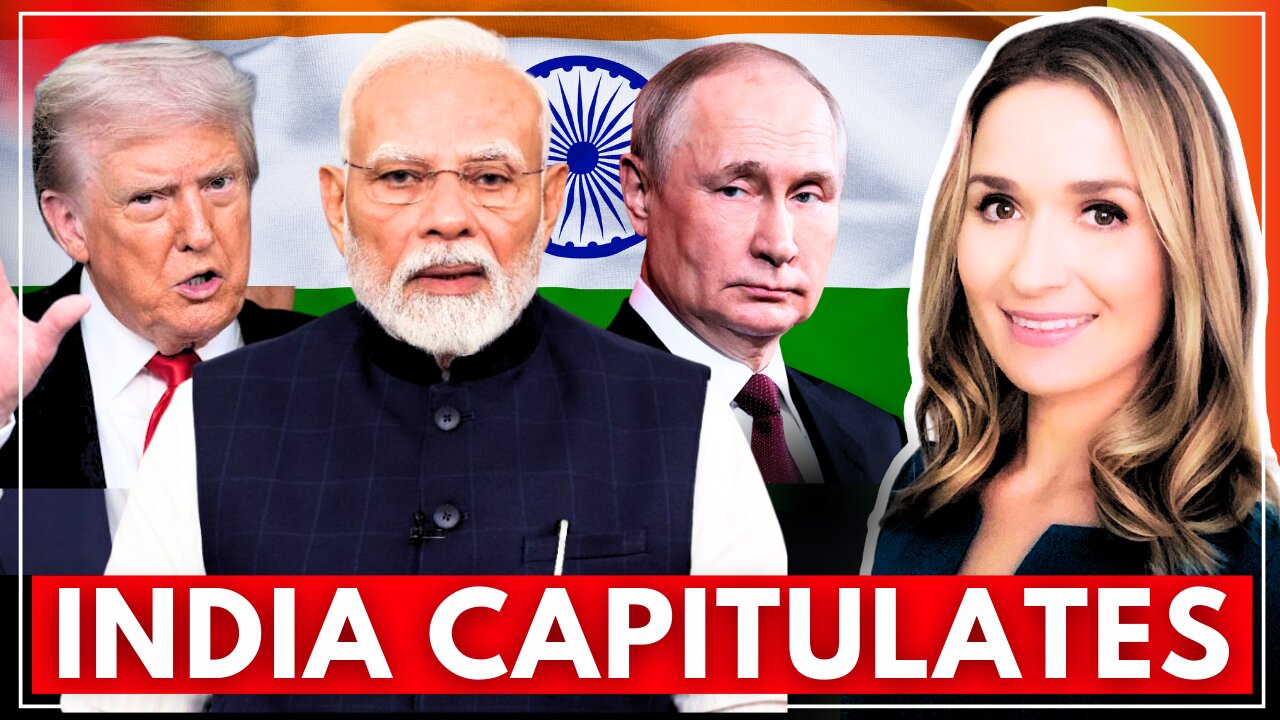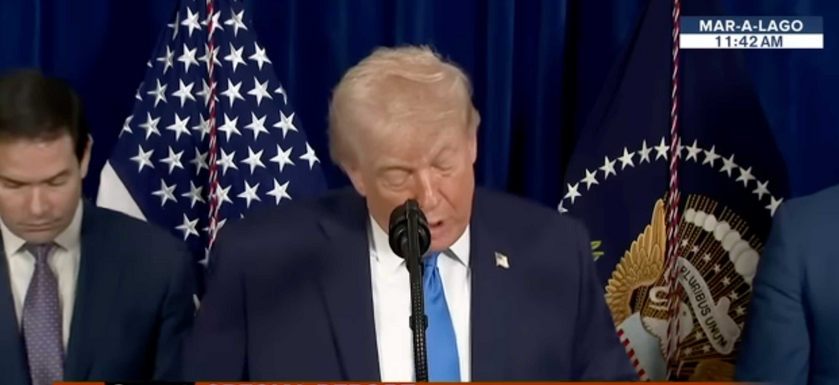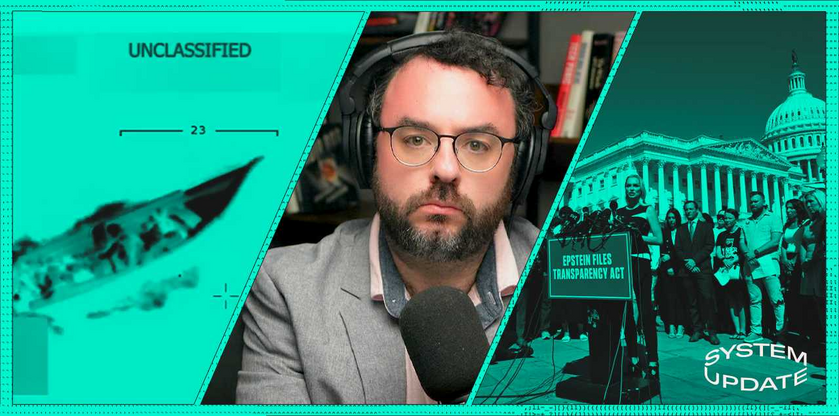Watch the full episode HERE
It's Monday, September 16.
Tonight: For the second time in the last two months, Donald Trump was the target of an evidently serious attempted assassination. Unlike last time, the attempted assassin was not able to shoot Trump, but he came within a few hundred yards of him on the former president's golf course, packed with an AK 15 and other armaments. Unlike the first shooter, in Pennsylvania, who was strangely depicted as an utterly apolitical loner with no Internet footprint who simply acted out a mental illness, this shooter, identified as 58-year-old Ryan Wesley Routh, has expressed all sorts of clear political statements over the year, including increasing levels of animosity toward Donald Trump. His principal political project over the last two years has been a fanatical devotion to supporting Ukraine to the point that he went to Ukraine and tried to position himself as some sort of leading American coordinator of foreign volunteer upon foreign volunteer troops and repeatedly pledged that he would die for Ukraine against Russia if necessary.
Just five months ago, in April, he begged Joe Biden on Twitter to please win the 2024 elections. Echoing the standard liberal pundit view that, quote, “democracy is on the ballot and Trump is a grave threat to it,” he sounded like anyone on MSNBC does. We'll examine what we know about this attempted assassin of Trump, the reality versus widespread media claims about him.
And then beyond that: it is very common for Trump supporters to be accused of having incited violence through their political rhetoric. I still remember when Tucker Carlson was widely blamed by consensus for the white nationalist shooter in Buffalo who killed ten African Americans, despite literally no evidence that the shooter even knew who Tucker Carlson was, let alone that he was inspired by anything he said. Moreover, even if he had listened to Tucker Carlson, this theory that that would make somebody expressing political views responsible for the violent acts of those who hear them is extremely dubious, I'd argue even dangerous.
And yet every time someone acts in the name of a common, identifiable liberal ideology with the goal of attempting violence against someone on the right, the whole dynamic reverses: not only can liberals never stand accused of so-called stochastic terrorism – the theory the protected speech can incite violence, rendering the speaker responsible for the acts of others – but somehow, at least in this case, there is a widespread media narrative that Trump and his rhetoric are to blame for having incited two murder attempts against himself in the last two months and that the only way to solve it is for Trump to lower the temperature and change his rhetoric. We'll examine all of this. When there are two political attempted assassinations of a leading political candidate, and a former president, within the scope of two months, there are a lot of important things to analyze.
For now, welcome to a new episode of System Update starting right now.
